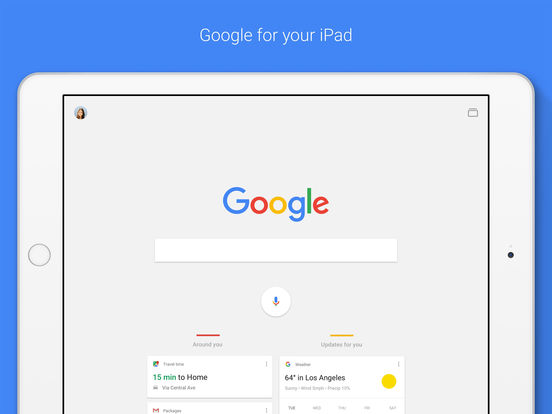Get Ready! BIG Changes Coming to Google SERPs!

Google has announced that they’re making in my opinion the biggest change they’ve ever made in how Google crawls, finds and indexes websites across the internet. Up to this point Google has always crawled the internet from the “point of view” of the desktop user, and the results on the search engine results page (SERPs) has reflected that “point of view.” But Google has noticed that the majority of Google searches no longer happen on desktop computers, but instead happen on mobile devices. To change and stay relevant to the majority of their searchers Google has decided to change up their indexing algorithm from the “point of view” of desktop to mobile devices.
Many of us in the search engine marketing field have seen the writing on the wall for years now. Google has contently been telling us to get mobile optimized, to add accelerated mobile markups on our websites, and have a responsive web-design. Besides it makes sense to have have Google roll-out a mobile-first index algorithm if the majority of their users are searching on mobile devices. But the big questions is, “how will this influence SERP rankings?” To answer that question we need to answer 3 big questions to get a better idea of how Google’s Mobile First Indexing will means for our SERP rankings.
#1: What if our website isn’t mobile ready?
Google actually gave us an answer that if we were to sum it up it would be; don’t worry we’ll still crawl your desktop site. “If you only have a desktop site, we’ll continue to index your desktop site just fine, even if we’re using a mobile user agent to view your site.” But if you were to read between the lines Google’s basically saying, “get your your website mobile ready because we’re going to have to do more work to crawl your site.” One of the first rules in SEO is to make sure you make your site as crawl-able as possible. The more work you make Google do to crawl your website and figure out what your content is about the less likely you’re going to get all of your content crawled. So in short get your website mobile ready.
#2: What if my website is mobile ready?
For quite some time now Google has already said that content that can’t be viewed on mobile devices, or isn’t mobile ready won’t rank as well as content that is mobile ready. So if your content is mobile ready then you’ll have a leg up on non-mobile ready content. The way Google goes about indexing the internet currently is all desktop content is crawled and the results are shown for both people that search on desktop or mobile. After those results are created a special “mobile ready” algorithm is put to use when a mobile device is detected, and all mobile ready content will get a boost in the SERPs.
What this new approach that Google is applying in their Mobile-First Index algorithm it will be kind of the opposite. Mobile ready websites will be indexed first and those results will be shown to those searching on desktops and mobile devices. If a mobile device is detected that same “mobile ready” algorithm will take place and boost up mobile ready content in the SERPs. But that “mobile ready” algorithm boost won’t happen on desktop computers.
#3: What ranking signals will Google be looking at now?
For all mobile site SERP rankings Google has been raking your mobile site based on the ranking signals it picks up from your desktop website. Basically this is going to do a flip-flop and the ranking signals will come from your mobile site and influence your rank on your desktop website. So all the normal ranking signals that come from mobile like page speed for example have now become significantly more important. Sure Google is still going to look at all your meta tags, structured data, H1s, content and more just like they used to do, but off of your mobile site instead of your desktop website. But in short your hollowed desktop SEO work that you’ve spent years working on won’t matter if your website isn’t mobile ready.
What’s the Next Steps?
Google has said they’re still a few months away from getting the Mobile First Index Algorithm completely up and running, so you have time to get your website mobile ready. But that’s just it you have time…and time is slipping away. So you’ll want to do everything you can to make sure your mobile site is ready. Once Google does their first major Mobile First Index of the internet it will be a few more months before the next major indexing happens and you’ll be stuck with the results you get from that first index.
But the biggest answer this Mobile First Index initiative answers is why Google first told everyone to create a separate mobile website (m.example.com) and then a few months later told everyone to create a responsive website that can adjust to the screen size of whatever device you’re using. It answers this because the content on one website will be the same on any device. It totally makes sense if Google had this idea of where they wanted to take their indexing algorithm. The last thing you want is to have a bunch of content on the desktop site but not on the mobile site, and the best way to do that is to have one website, with all the content be…responsive!
Better get your website mobile ready!
Austin Faux
Recent Posts
Recent Comments
- Shannon Thammasiene on How to Create a Successful Blog
- Sarah on How to Create a Successful Blog
- How to Create a Successful Blog on 5 Free Keyword Research Tools that will Rock your Socks
- Olivier Hamphrey on This Week In Social Media
- Richard Dickerson on Use Email to Sell without Selling


